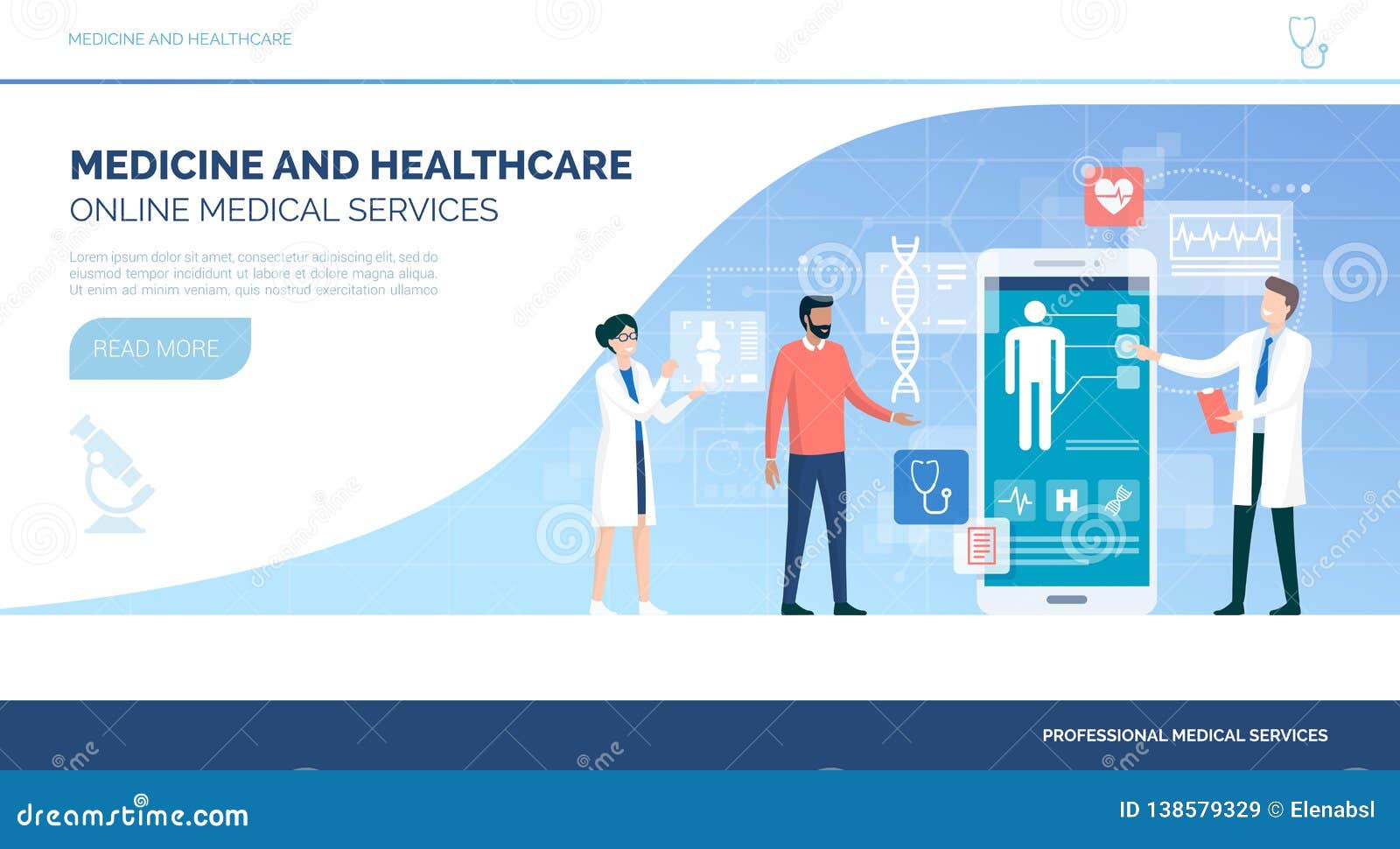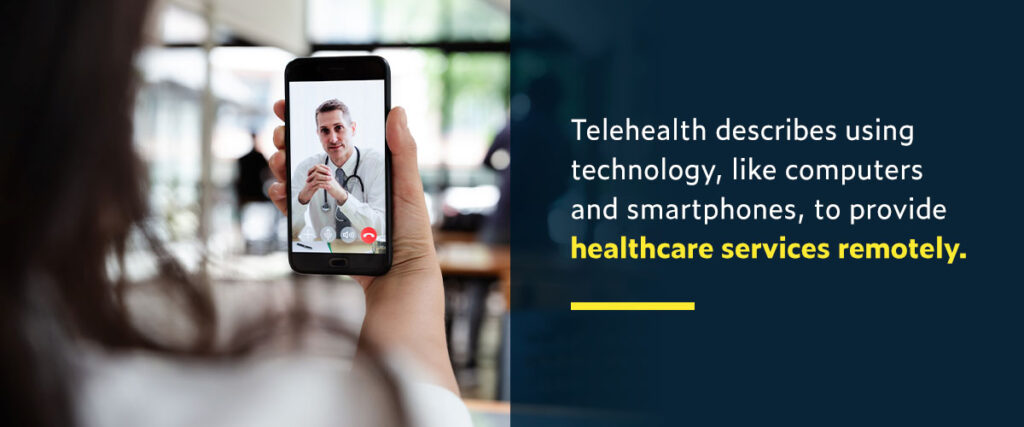How Subscription Based Healthcare is Reinventing Patient Accessibility to Services
How Subscription Based Healthcare is Reinventing Patient Accessibility to Services
Blog Article
The Surge of Subscription-Based Healthcare and Its Effect on Person Treatment
As health care advances, the subscription-based version is getting grip, promising to transform person treatment by supplying predictability and access. The possibility for these designs to reshape medical care shipment elevates pushing concerns regarding their lasting sustainability and inclusivity. Are these registration solutions the future of health care, or do they risk leaving at risk populaces behind?
Understanding Subscription Healthcare Designs
Comprehending the concept of membership healthcare versions includes taking a look at a transformative method to clinical services that emphasizes cost and access. These designs, usually described as straight health care (DPC) or concierge medicine, have emerged as ingenious alternatives to standard fee-for-service health care systems. Subscription healthcare permits people to pay a fixed monthly or annual cost for a specified collection of clinical services, which might include limitless workplace brows through, regular exams, and basic lab tests, without the requirement for traditional insurance billing.
The framework of membership health care versions is made to streamline person care by removing third-party payers and complicated billing codes, therefore lowering management concerns. Medical care carriers can focus extra on client treatment, fostering stronger patient-provider connections. This model likewise promotes preventative treatment by motivating normal gos to, as the economic challenge of per-visit charges is eliminated.
The subscription version frequently equips doctor to take care of smaller patient panels, enabling even more customized care. It lines up economic incentives with client wellness end results, as providers are motivated to maintain client satisfaction and well-being. Generally, comprehending membership healthcare versions calls for identifying their possible to reshape just how care is provided and accessed.
Advantages for Patients and Suppliers

For providers, subscription-based designs supply the opportunity to grow patient-provider partnerships. With a steady earnings stream, health care specialists can dedicate even more time per person, resulting in a more thorough and individualized treatment experience. This design likewise decreases reliance on high person quantities, easing exhaustion and improving work satisfaction. The focus on preventive care within subscription plans can lead to better client outcomes and lowered lasting health care expenses. By concentrating on continuous treatment, suppliers can deal with problems prior to they escalate, ultimately profiting the medical care system in its entirety by lowering the concern on emergency situation and intense care services.
Worries and obstacles
While subscription-based medical care versions existing various advantages, they also come with a collection of obstacles and problems that should be attended to. Initially, availability remains a considerable concern, as these designs frequently target individuals who can manage monthly charges, possibly omitting low-income populations. This elevates honest concerns regarding equitable accessibility to medical care services. Furthermore, the different nature of registration plans can cause complication amongst patients regarding coverage specifics, possibly leading to unmet assumptions or inadequate care.
Financial sustainability of subscription-based versions is an additional worry. Carriers need to balance the fixed revenue from subscriptions with the variable expenses of health care solutions, which may change due to unanticipated medical demands. This can produce stress to limit services or increase costs, possibly impacting client complete satisfaction and care high quality.
Moreover, regulative oversight of subscription-based medical care designs is still advancing. Addressing these challenges is critical for the fair and successful execution of subscription-based medical care.
Impact on Patient-Doctor Relationships
One significant effect of subscription-based healthcare models on patient-doctor connections is the capacity for enhanced continuity and customized treatment. By taking on a membership design, medical professionals can take care of a smaller client panel, enabling more dedicated time with each individual. This boosted accessibility cultivates a much deeper understanding of a patient's case history, way of living, and choices, making it possible for more tailored therapy strategies and treatments.

However, it is essential to acknowledge that while subscription-based models may benefit those that can manage them, they might unintentionally widen medical care disparities. Patients who are not able to take part in these models might experience decreased access to customized care, potentially affecting their connections with healthcare service providers. Thus, while the subscription version offers encouraging benefits for patient-doctor sites partnerships, it additionally positions obstacles that require to be resolved to make sure fair health care accessibility.
Future of Healthcare Access

The function of modern technology can not be overlooked in this improvement. Telemedicine systems and electronic wellness records assist in seamless interaction between clients and health care providers, breaking down logistical and geographical official site obstacles. Additionally, advancements in man-made intelligence and data analytics can additionally individualize medical care by predicting patient requirements and maximizing therapy plans.
Nonetheless, the future of health care gain access to likewise offers difficulties, such as guaranteeing equity throughout various socio-economic teams. Policymakers and doctor should work together to link the electronic divide, guaranteeing that subscription-based designs remain affordable and comprehensive. As these systems mature, they hold the guarantee of making medical care extra obtainable, efficient, and patient-centric.
Final Thought
Subscription-based medical care models are reshaping client care by offering a secure expense framework and boosting availability. These versions enhance patient-provider relationships via customized care and regular brows through, highlighting preventative wellness. Regardless of these benefits, difficulties such as ease of access concerns for low-income populations and the need for equitable health care remedies linger. The rise of subscription-based healthcare motivates aggressive person interaction, which has the potential to improve client end results and satisfaction, signifying a transformative shift in health care delivery.
As health care develops, the subscription-based model is getting traction, guaranteeing to reinvent person treatment by providing predictability and ease of access.Subscription-based health care models provide distinctive benefits for both clients and service providers, improving the total medical care experience.As health care other systems progress, the future of medical care access regularly hinges on the integration of cutting-edge designs and technologies.Subscription-based healthcare models are improving individual care by offering a steady expense structure and boosting ease of access. The surge of subscription-based healthcare urges aggressive client interaction, which has the possible to improve client results and satisfaction, signaling a transformative shift in medical care distribution.
Report this page